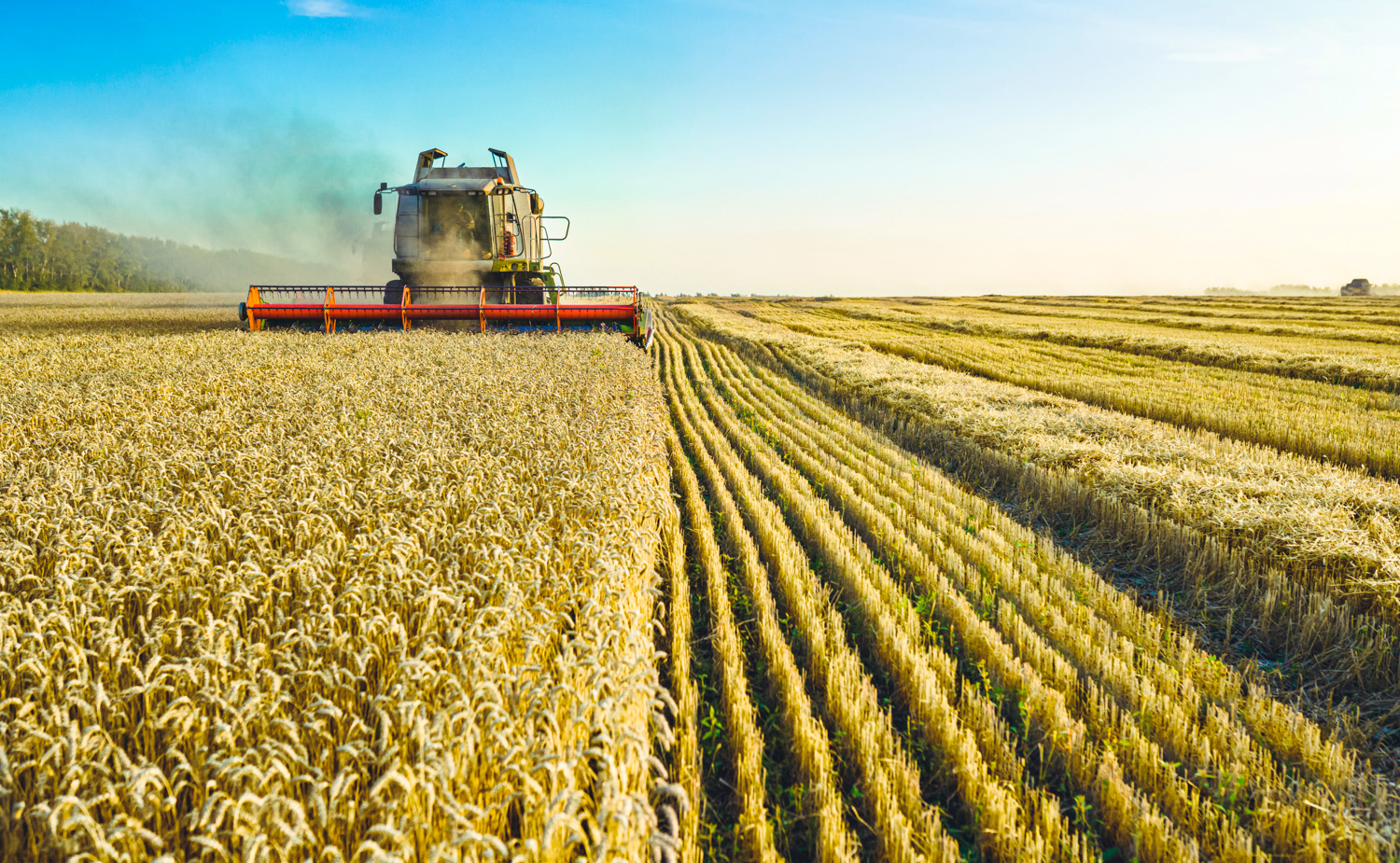Publications /
Letter to Minister Lawrence MacAuly on Enhancing Canada’s Agri-Food Sector
Letter to Minister Lawrence MacAuly on Enhancing Canada’s Agri-Food Sector
With food security a top concern for governments around the world, there has never been more opportunity for Canada’s agri-food sector. If we do not act now, the opportunity will pass us by.

On July 15, 2024, the Canadian Chamber of Commerce sent a letter to the Honourable Lawrence MacAulay, Minister of Agriculture and Agri-Food, addressing key considerations ahead of the Federal, Provincial, and Territorial Agriculture Ministers’ meeting.
The letter highlights the vital role of the agri-food sector in Canada’s economy and environment, and calls for bold action to unlock its full potential. We stressed the need for regulatory modernization, increased investment in R&D, and greater support for climate-smart agriculture to enhance competitiveness and food security.
Read the full letter below.
Sent on: July 15, 2024
The Honourable Lawrence MacAulay
Minister of Agriculture and Agri-Food
House of Commons
Ottawa, Ontario
Canada K1A 0A6
Re: Considerations ahead of the meeting of Federal, Provincial and Territorial Agriculture Ministers
Dear Minister MacAulay,
As you know, agri-food is one of Canada’s most important economic sectors. Last year, agri-food contributed $150 billion to the national GDP and accounted for one in nine jobs in Canada. The rapidly growing global population and middle class will continue to fuel strong growth in our agri-food exports, which are already the fifth highest in the world. With an abundance of land, fuel and fertilizer, we have a generational opportunity to further increase our share of the global agri-food market, generate economic growth and increase our global influence.
The agri-food sector is also essential to achieving our ambitious environmental objectives. For decades, food producers have led the fight against climate change by voluntarily adopting beneficial management practices and spearheading the development of carbon capture technologies. Canada’s agri-food sector has become one of the most sustainable in the world – a feat achieved while substantially increasing productivity.
However, the sector is also faced with many pressing challenges. Adverse weather events, geopolitical conflicts and supply chain disruptions continue to put pressure on our food systems, challenging our ability to keep up with the demands of the growing Canadian and global populations. A growing regulatory burden and additional taxes are compounding the effects of these challenges.
In a changing global landscape, Canada must treat its agri-food sector as a strategic asset. Food systems around the world, including Canada’s, are faced with the tremendous challenge of producing as much food globally in the next 40 years as was produced in the last 10,000 years – and while further mitigating environmental impacts. As one of the few sustainable net exporters of food, Canada has a considerable opportunity to meet the growing global demand. We must also show leadership among our allies as they seek to reorient their supply chains away from non-democratic nations, especially for critical goods such as food.
Our most pressing issue is ensuring that our regulatory system is a facilitator, rather than an inhibitor of investment and innovation. To do this, our federal, provincial, and territorial agriculture ministers need to play an active and leading role in that regulatory system. The FPT Working Group on Pesticides Management is an example of successful coordinated leadership and should be maintained. But more work is needed. Despite the 2018 Economic Strategy Table on Agri-Food identifying regulatory burden as a key barrier to growth, this remains an outstanding issue. Proposed plastics and pesticides regulations, currently in development, could not only hinder our competitiveness but also worsen food security in Canada by increasing the cost of food, with no benefits to the environment or human health. Recent amendments to the Competition Act concerning “greenwashing” could also risk impeding efforts to reduce agricultural emissions and should therefore be reversed. The government should prioritize regulatory modernization and consider tools that require regulators to conduct data-driven analyses of a regulation’s potential economic impacts. More tangible progress on previous commitments to reduce inter-provincial trade barriers in the agri-food sector is also needed.
To increase the agri-food sector’s competitiveness, we must also increase our national investment in R&D and encourage more collaboration between the agri-food sector and public innovation programming. In 2021, R&D expenditure accounted for only 1.7% of GDP, compared to the G7 average of 2.6% and the OECD average of 3%. Since its inception in 2017, only 1.3% of funding from the Strategic Innovation Fund, the government’s flagship program to support innovative industrial projects, has gone to the agri-food sector, making it substantially under-represented relative to its economic weight. Closing these gaps can facilitate the commercialization of innovative value-added agri-food products, thereby supporting domestic economic development, increasing our competitiveness in international markets, and contributing to our sustainability objectives. Federal, provincial and territorial agriculture ministers should also be leading voices in addressing these issues.
Lastly, we need to encourage greater investment in climate smart agriculture, which lags that of peer jurisdictions, including the U.S., Australia and the European Union. The U.S. Congress is currently studying a US $1.5 trillion farm bill that could further widen the gap with our largest trading partner. These technologies are needed to drive productivity gains and ensure we remain competitive, while also mitigating environmental impacts.
With food security a top concern for governments around the world, there has never been more opportunity for Canada’s agri-food sector. Our competitors have taken note of this potential and are making unprecedented investments. If we do not act now, the opportunity will pass us by. The upcoming meeting with provincial and territorial counterparts is an opportunity to commit to bold action and unlock the full potential of Canada’s agri-food sector.
Sincerely,
Liam MacDonald
Director, Policy and Government Relations
Canadian Chamber of Commerce
CC: Lawrence Hanson, Deputy Minister, Agriculture and Agri-Food Canada
Other Publications

Letter to Ministers MacKinnon and Duclos Regarding the Strike by Canadian Union of Postal Workers

Letter to Ministers MacKinnon and Anand Regarding the Shutdown of British Columbia Ports




